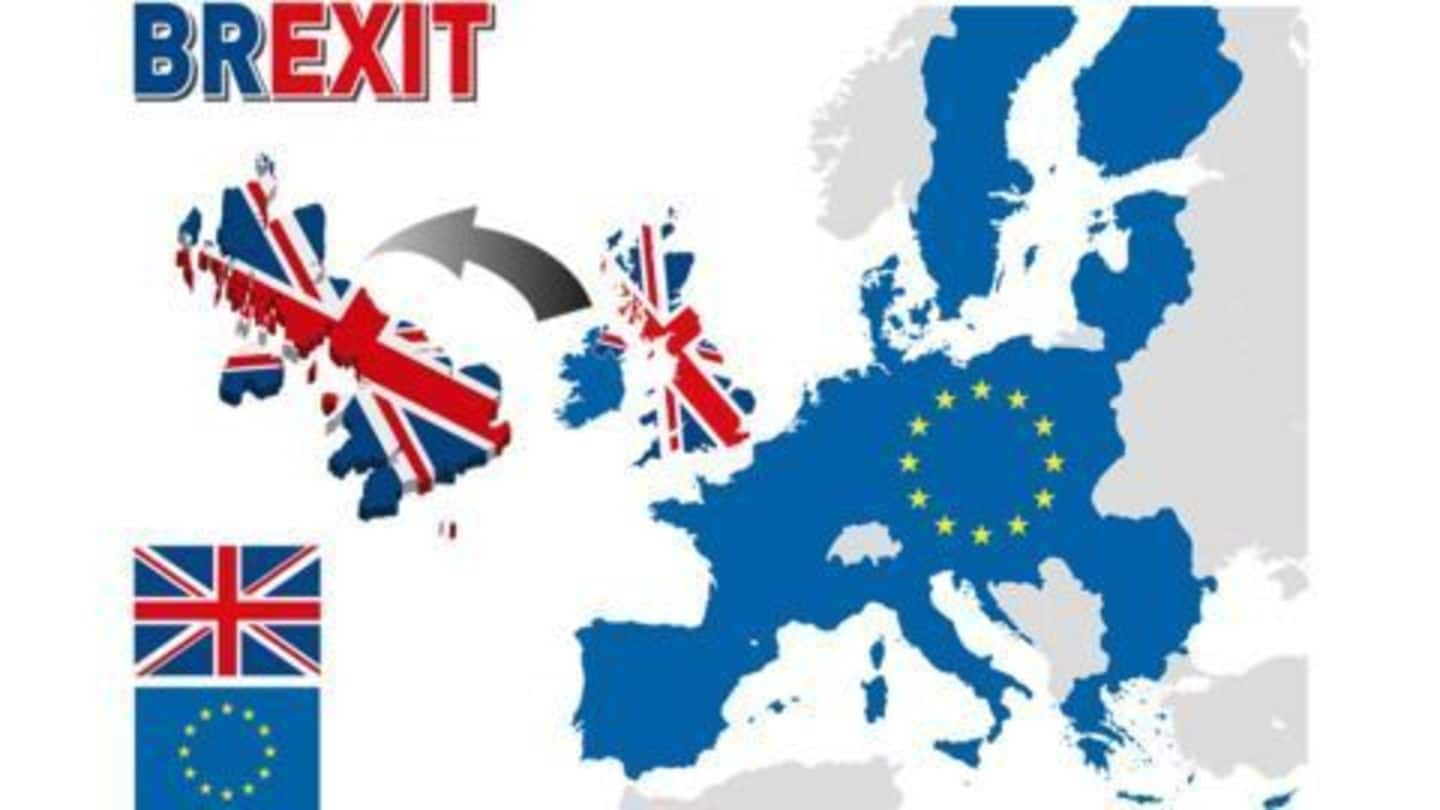
Brexit could change the landscape of British sports
What's the story
While the full consequences of Britain leaving the EU (Brexit) will take years to sort out, sporting teams in the UK are readying themselves for a potentially rocky transition.
Football, Britain's national sport, favourite pastime and obsession, along with few other sports could face significant consequences.
This would mostly depend on whether UK decides to abide by the EU's freedom of movement principle.
Information
Which sport, sporting league will be most affected?
In a worst case scenario, Brexit's impact will be the most prominent on British football's Premier League and Championship leagues, rugby, cricket and to some extent on boxing.
Contribution to UK's economy
Sport as an economic contributor
Sport is a valuable contributor to economic framework of the UK.
Economic activity in terms of sports consumption or participation contributes to £20.3 billion in total GVA (Gross Value Added) to the UK economy.
Of this, estimatedly £2.2 billion (contribution to GVA in 2013-4) came from Premier League and its clubs.
Sports' volunteering alone had an economic value of £2.7 billion a year.
Freedom of movement
Brexit could mean loss of free movement
Freedom of movement principle allows sportsmen and women from the EU to play in the UK clubs, without needing a work permit.
Now after Brexit, if UK doesn't reach a deal for free movement between the EU countries, it impacts UK players travelling to, participating events in, the EU countries; and affects the recruitment of players by UK's sporting leagues, from the EU countries.
New FA rules
Will new FA rules apply to EU players?
FA introduced new rules in 2015 along with UK's Home Office. They govern the eligibility of players from non-EU countries.
If these rules were to be applied for EU countries post-Brexit, English football clubs will be prohibited from acquiring EU players aged 18 and under.
Further, EU players with certain percentage of international football experience alone will be eligible to play in the UK.
Information
Clubs with large pool of EU players
Football Clubs like Chelsea, Liverpool, Arsenal, and Manchester United, have a large number of international players who would not be eligible for work permits to play in England. Chelsea for instance has 19 EU players, 13 of who appear ineligible under strict interpretation of rules.
English football
Brexit to reshape British football?
Brexit's other significant effect on football, could see a shift towards home-grown talent which could eventually strengthen England's national team.
But top clubs are global brands, partly because of international star presence. So, decline in ability to attract top players could diminish a club's value.
Brexit also affects transfer fees. With the Pound struggling against the Euro, EU players will become more costly.
Cricket & Rugby
Cricket and Rugby too could take the hit
Cricket and Rugby which employ players from South Africa, the Caribbean and Pacific Islands under the Kolpak Agreement, could be impacted.
Brexit renders Kolpak agreement void in UK, resulting in a less diverse talent pool.
There are currently 70 cricketers playing under Kolpak rule, including players like Kevin Pietersen, du Plessis and Andrew Strauss.
Similarly, the current Rugby champions, London Saracens have 14 such players.
Data
The Kolpak ruling
The Kolpak ruling is a ruling handed down by the EU Court of Justice, which declares that citizens of countries which have signed EU Association Agreements have the same right to freedom of work and movement within the EU as EU citizens.